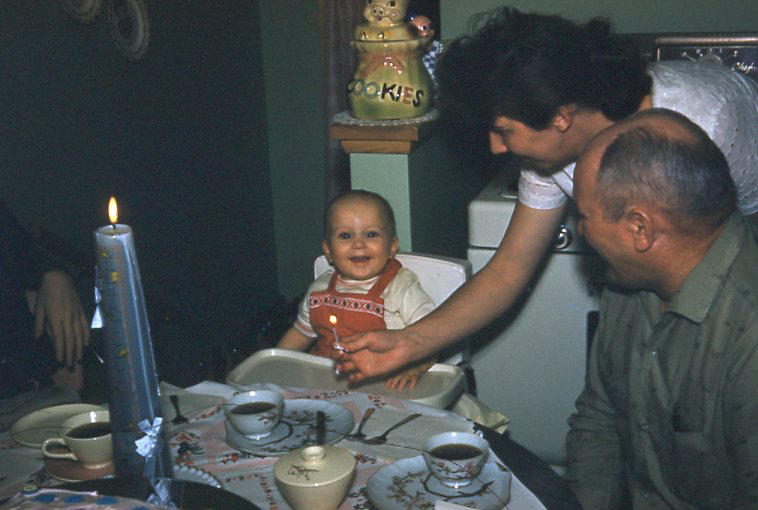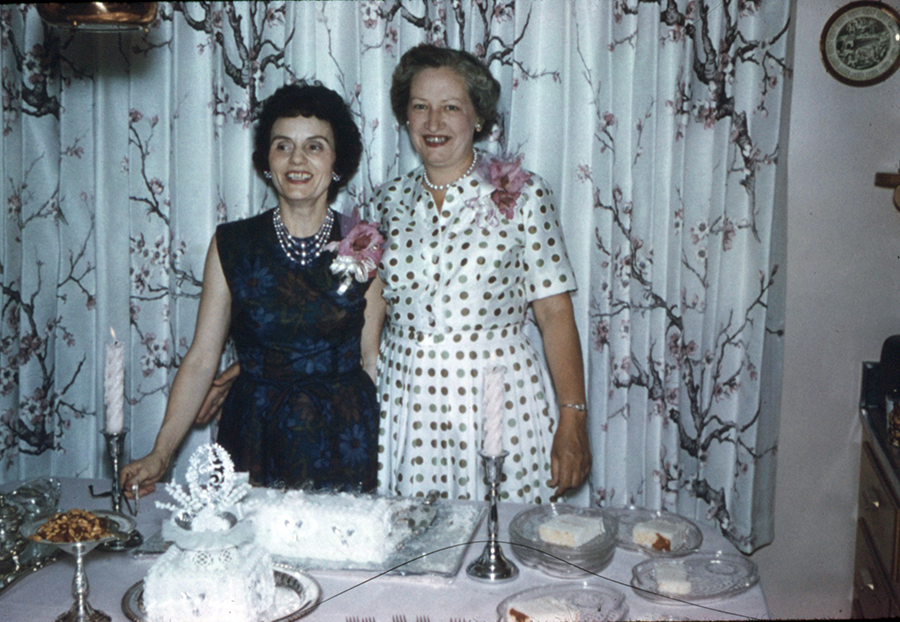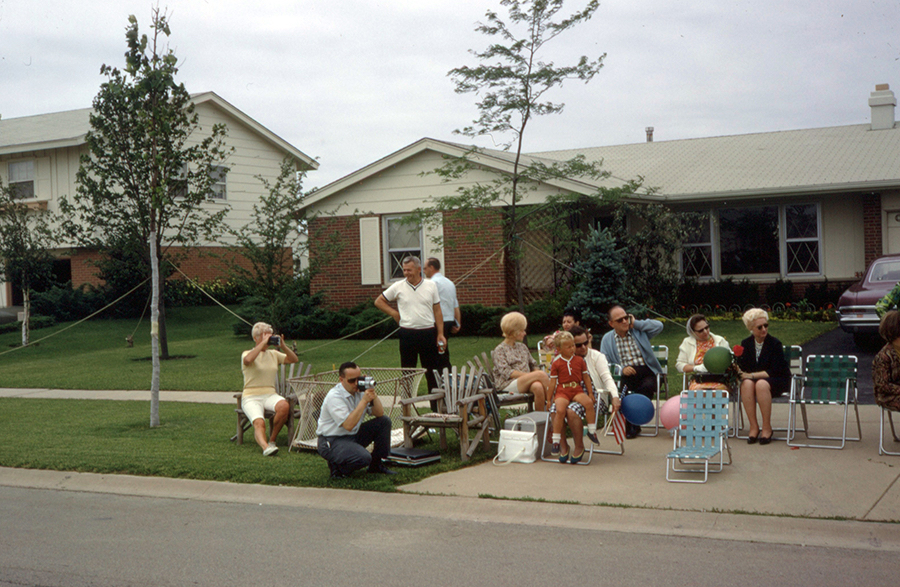Our family stories through, you guessed it, our family photos can lead us back to this world where stories passed on generational wisdom and connection.
I’ve become really interested in old human rituals and myths lately. In my personal history, in my childhood my family did not keep any of the typical traditions we are accustomed to— holidays, vacationing in the same place year after year, or even birthday cake.

I feel that my hunger for this connection to the thousands of generations that came before me is very personal and strong. The traditions and rituals we observe in the 21st century didn’t arise fully formed in any of our lifetimes. They are very old and connect us through repetition and stories to all of humanity.
My relationship to rituals and myths may be particularly odd, but I know I’m not alone in craving connection to the tapestry of humanity.
We all live in a mythological and ritual void. We all hunger for myths and stories. Our family stories through, you guessed it, our family photos can lead us back to this world where stories passed on generational wisdom and connection.

The simplest way to connect with our family stories and past generations is to start a conversation with your older living relatives.
Robert Akeret describes these conversations with our elders as a lost ritual. Elders want to talk about their life experiences— it is a natural way to link generations and it is an eons-old ritual.
Elder tale-telling has a long tradition in a variety of cultures and has only relatively recently slipped out of our typical modern traditions. Akeret doesn’t speculate why this is, but I can think of two reasons without even doing any research at all. In post-industrial culture (ie, here and now), there is more societal value placed on newness and novelty rather than on the wisdom accumulated slowly over a lifetime. Another reason I can think of is that here and now families are often spread across cities, states, or the world so interactions are different than when generations lived in the same home or near each other.
Regardless of current circumstances, meaningful conversations with elders about their lives are a ritual fulfilling to both older and younger generations.

Robert Akeret also describes a common feeling that we have in the here and now that he describes as dislocation in time and history. Elders feel this, but youngsters feel it too. I’m speaking from my personal experience over the last 20 or so years.
Dislocation in time and history sounds serious and like a problem that only a time-traveler ought to have. But it relates to the sense of not knowing where you individually fit in. Whether it’s fitting in to your close family or fitting in to the larger society, we all want to know we are part of something bigger than ourselves.
Living with your photos can help ameliorate this feeling because it situates us within our own historical experience of our lives, as well as within an intergenerational family story.

Recent Comments